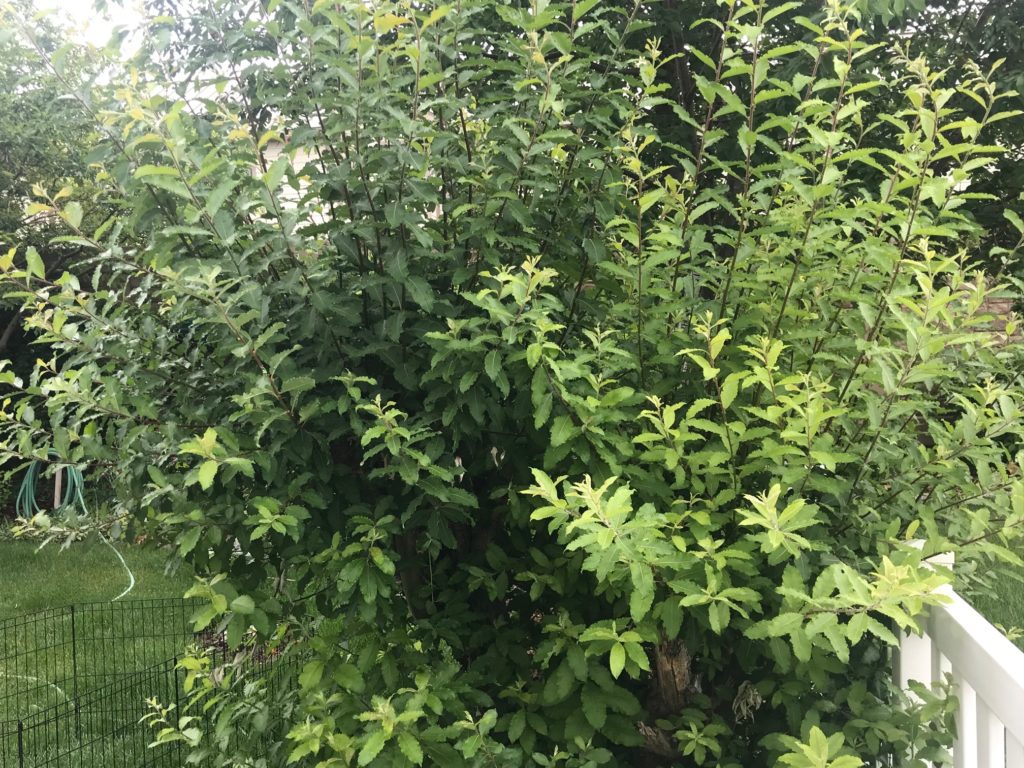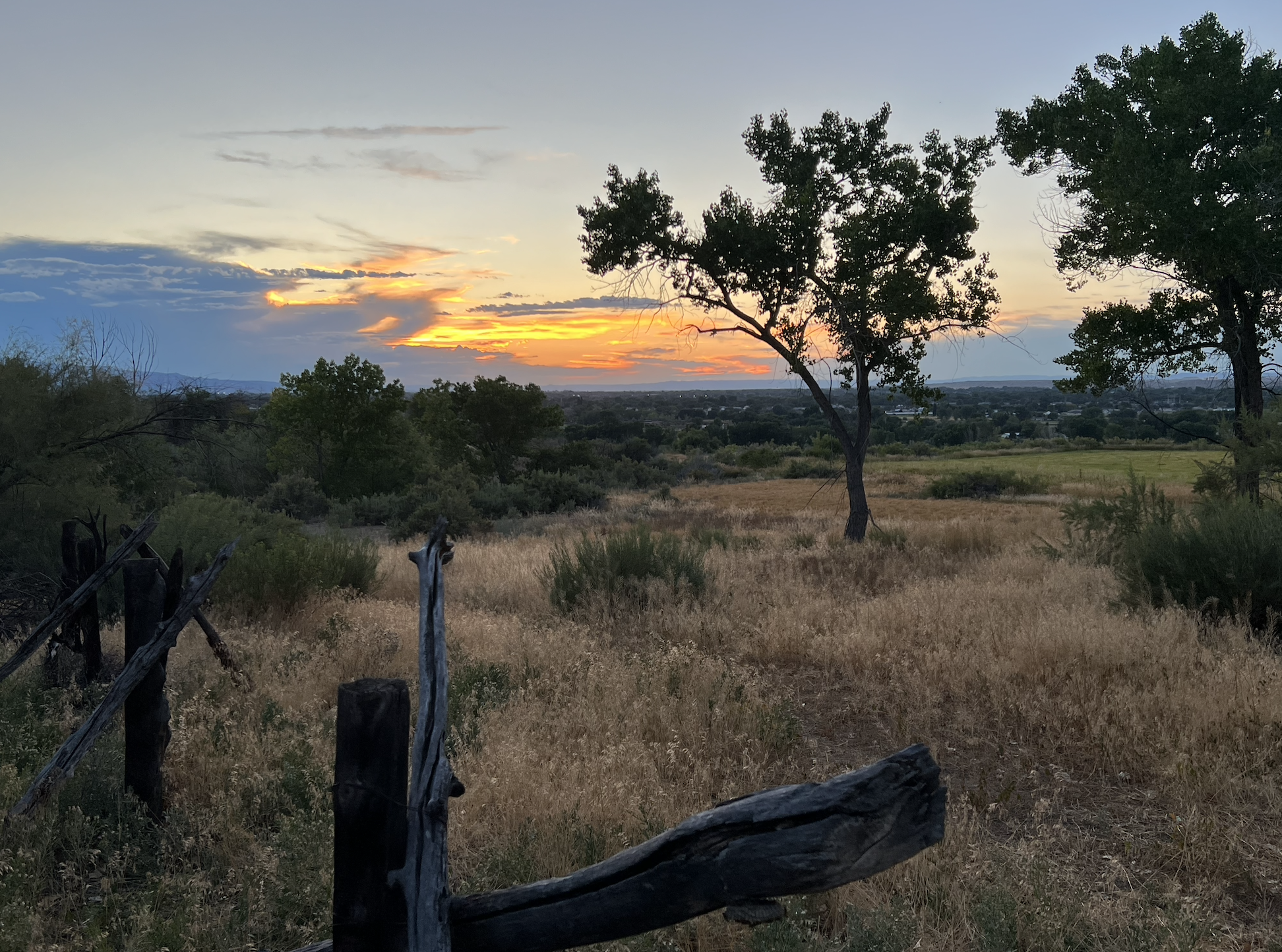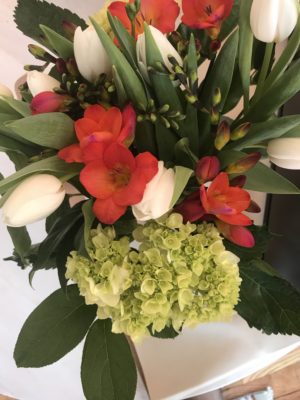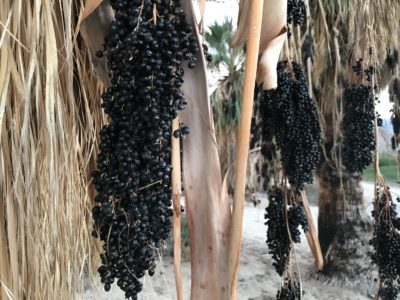
Somewhere in this density of Willow Tree in my back yard is a Robin’s nest. As you can see, the tree isn’t that tall, perhaps 8 feet now. It’s the kind of tree that I trim each each year, which is then followed by about 12 feet of growth during the year. The nest itself is at eye level. I can’t see it directly without moving branches around, which isn’t mine to do. I know the nest is there because the mom and dad Robins have to hover for a minute above the nest and then drop into it. When they do, I hear the chirping voices of very young birds. It’s fun to hear. I try to be as unobtrusive as possible. I’m glad there is this life and wonder so near my back door.
David Wagoner is an American Poet and Novelist. His poem, “Lost” is below. I’ve often returned to this poem, glad for the way he describes the belonging that can be felt in nature and forest. This time reading it’s his lines about trees that stand out to me. “No two trees are the same to Raven. No two branches are the same to Wren.” They have me in wonder, thinking of the Robins in my yard, in this “known tree.” Wagoner’s lines have me thinking about finding ourselves, sometimes in very dense circumstance.
Lost
by David Wagoner
Stand still. The trees ahead and bushes beside you
Are not lost. Wherever you are is called Here,
And you must treat it as a powerful stranger,
Must ask permission to know it and be known.
The forest breathes. Listen. It answers,
I have made this place around you.
If you leave it, you may come back again, saying Here.
No two trees are the same to Raven.
No two branches are the same to Wren.
If what a tree or a bush does is lost on you,
You are surely lost. Stand still. The forest knows
Where you are. You must let it find you.



